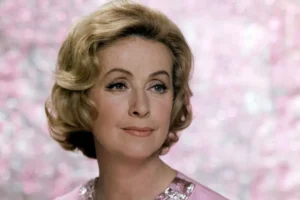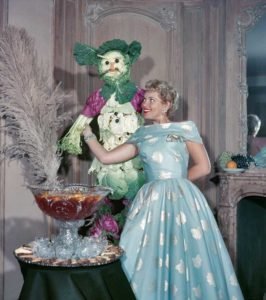John Ford Biography: The Director Who Redefined Westerns and Cinema
Explore the life of John Ford, the visionary director who transformed Westerns and left a lasting legacy in Hollywood filmmaking.

American filmmaker (1/2/1895-31/8/1973). Director of the main westerns of the 1940s. His real name is Sean Aloysius O’Feeney. Born in Maine, he is from an Irish family and finished high school there.
In 1914, he went to Hollywood to work with his brother, Francis, a film director and screenwriter at Universal Studios. He was an actor, stagehand and assistant in his brother’s films. In 1917, he made his directorial debut, making his first westerns. His style emphasizes abrupt cuts, lots of action and plots that reveal humor and a sentimental view of the past.
With modest budgets and few actors, John Ford produced some classic westerns, such as Stagecoach (1939), in which he combined the narrative conciseness of silent film with the audiovisual potential of talkies.
When it was shown, the scene of the Indians attacking a stagecoach caused a sensation in the audience. Other successful classics include Rio Bravo (1950) and The Searchers (1956). He directed some of the most important actors of the time, such as John Wayne, with whom he made his most celebrated films, Henry Fonda, Tyrone Power and James Stewart. His work influenced filmmakers such as Orson Welles. He won several awards, including the Oscar for best director for The Informer (1935), The Grapes of Wrath (1940), How Green Was My Valley (1941) and The Quiet Man (1952).



